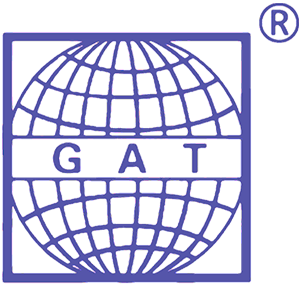Hong Kong backed by mainland for a better future
Hong Kong will maintain its role as a gateway, springboard and intermediary in the exchanges between China and the rest of the world. Further, it has more space to integrate its own development with the national development strategy.

1. 14th Five-Year Plan (2021-25)
Under the 14th national Five-Year Plan, the central government continues to support Hong Kong's effort to strengthen its pillar industries, including international finance, shipping and trade, and has designated new roles to the city - as an international innovation and technology center, an international aviation hub and a regional intellectual property trade center.
Also, the national plan expresses staunch support for Hong Kong to strengthen its functions as a global offshore renminbi business hub, an international asset management center and a risk management center, as well as to deepen and widen mutual access between the financial markets of Hong Kong and the mainland.
Hong Kong has maintained its status as a leading financial center, third place globally. To date, the net inflows of foreign investment into the A-share market via the Shanghai-Hong Kong and Shenzhen-Hong Kong stock connect schemes have topped 1.6 trillion yuan ($240 billion).
Under the national plan, Hong Kong will strengthen its status as an offshore renminbi business hub. The city issued 5 billion yuan in offshore renminbi green bonds - the first RMB-denominated bonds - in November.

2. Belt and Road Initiative
The central government, as well as local governments of mainland cities like Shanghai, has taken steps to support Hong Kong to fully engage in Belt and Road projects.
A memorandum of understanding between the HKSAR government and the Ministry of Commerce has allowed Hong Kong to use the overseas economic and trade cooperation zones as a platform to deeply participate in the Belt and Road Initiative and conduct exchanges and cooperation with other BRI countries and regions.
As an important gateway for mainland enterprises' "going out" development, Hong Kong can support mainland enterprises as well as attract global investors to join BRI construction through improving financial services.
Its prowess in professional services, such as legal and dispute resolution services, accounting and compliance, risk assessment and management, will also be helpful to businesses eager to participate in the Belt and Road Initiative.

3. RCEP
The Regional Comprehensive Economic Partnership, comprised of 10 ASEAN nations as well as China, Japan, South Korea, Australia and New Zealand, is the world's largest free-trade agreement.
Accounting for roughly 30 percent of the world's population, GDP and trade, the RCEP countries create the world's largest free trade bloc by economic size, making it the biggest driver of global economic growth.
Hong Kong enjoys close trade and investment relations with the economies of RCEP, including FTAs with 13 of the 15 founding nations in the RCEP accord. It plays an important role in merchandise trade between ASEAN and the Chinese mainland.
Opportunities will abound once the special administrative region joins the RCEP. It will cultivate deeper economic and trade integration with the Asia-Pacific region.

4. GBA
Since 2017, the development of the Guangdong-Hong Kong-Macao Greater Bay Area has been included in each consecutive Government Work Report, and, in 2019, the central government released the outline of its development plan.
The GBA, consisting of nine mainland cities in Guangdong province and the two special administrative regions of Hong Kong and Macao, has a total population of more than 86 million.
Hong Kong could take the GBA as an entry point, proactively exploring the mainland market and participating in the domestic circulation of the national economy.
It can play its bridging and platform role at the intersection of domestic and international circulations, connecting domestic and foreign markets and investors.
